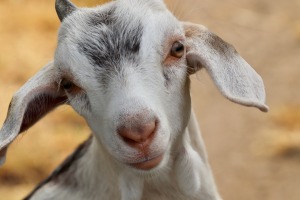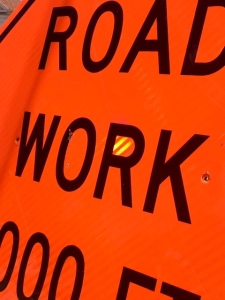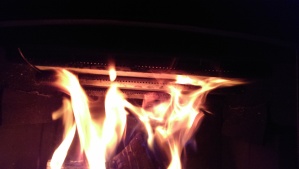Along River Road an ovenbird calls
near the river’s passage,
sounding fiercer than it looks. A robin sits
head high on her clutch of blue eggs hidden
in a light fixture on the rental house’s porch.
She utters one alarm as I pass
but does not leave her post.
Nine hens and a rooster at Charlie Hat’s old place
peck among the grasses around their coop,
clucking happily as they find a seed.
I am happy with the eloquence of these sounds,
and the sign of a muddy trail just wide
enough for dragging a sapling up to the beaver lodge.
My footfalls on newly graded gravel
make a small prayer of thanks,
and I cross Red Brook,
itself a prayer for safe passage to a dark, holy pool,
and then the plunging river.





You must be logged in to post a comment.